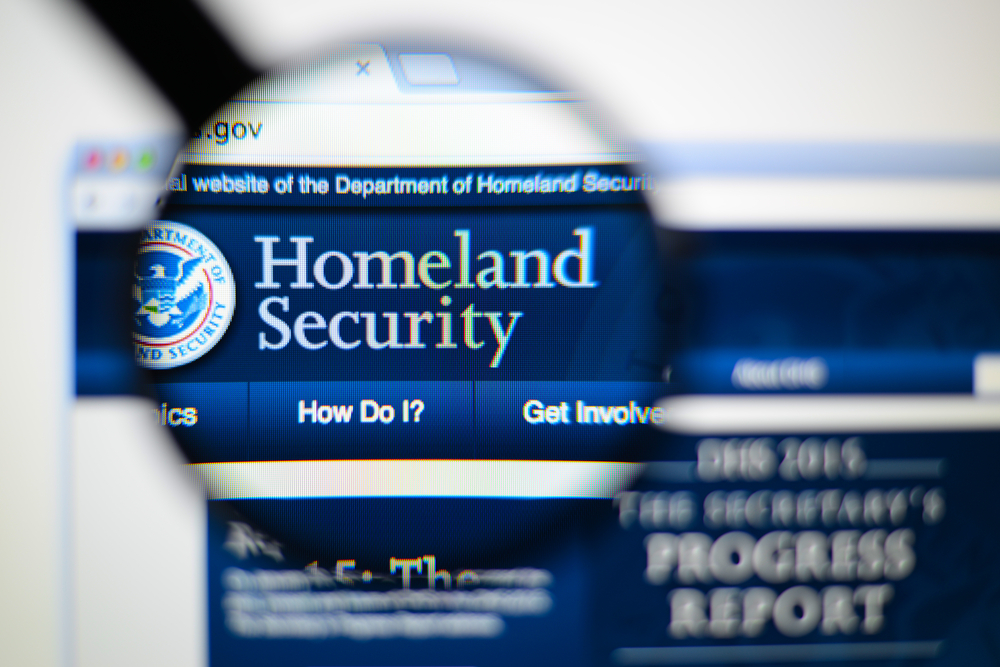
As the nation gathered to remember the events of Sept. 11, 2001, this week, Rep. Bennie Thompson (D-MS), ranking member of the Committee on Homeland Security, delivered a review of the Department of Homeland Security’s progress over the past decade.
Analyzing 10 specific mandates, including everything from grants and information sharing to security and biosurveillance, Thompson’s report focused not only on the past but provided recommendations for how to continue improving operations.
“America is far better equipped today than it was on September 11, 2001, to prepare for, prevent, and respond to acts of terrorism and other catastrophic events,” Thompson said in a statement. “The gains in preparedness are exemplified by the heroic responses to terror attacks we have unfortunately experienced since. Federal investments in local preparedness and bolstering information sharing have helped deliver measurable progress in the level of security across the Nation.”
Thompson had been one of the original sponsors of the 9/11 Commission Act in August 2007, which was a response to the recommendations of the 9/11 Commission. Under The Implementing Recommendations of the 9/11 Commission Act of 2007, it laid out a series of homeland security mandates for the department–and the nation–to meet.
Citing how the implementation of these has changed how the United States protects itself over the years, Thompson nevertheless took the moment to note other, more recent threats which have become national highlights following the events in Charlottesville, Virginia.
“Still, we must stay vigilant and fully-engaged with homeland security partners to effectively address the range of threats that, in addition to traditional terrorist threats, today include cyber-attacks on critical infrastructure and violence by neo-Nazi, white supremacist, and other domestic terror groups,” Thompson said.




